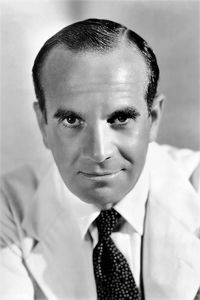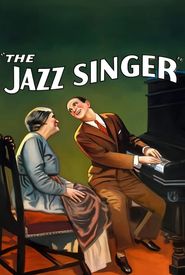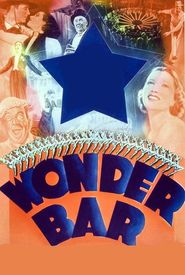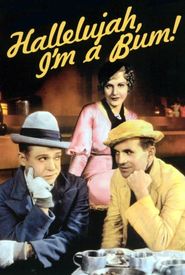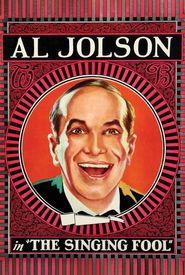Al Jolson, a renowned Lithuanian-born American entertainer, was universally regarded as "The World's Greatest Entertainer" during the peak of his illustrious career. Born on May 26, 1886, within the Russian Empire, which is now a part of Lithuania, Jolson embarked on a journey to America at the tender age of five, accompanied by his Jewish parents, marking the beginning of his life in the United States.
As a renowned performer, Al Jolson was distinguished by his bold and outgoing persona, marked by a shamelessly emotional and over-the-top approach that captivated audiences and left an indelible mark on the music industry. His remarkable talent and charismatic stage presence enabled him to popularize a vast array of songs, many of which remain timeless classics to this day. Moreover, his influence extended far beyond his own generation, with numerous prominent singers and musicians drawing inspiration from his work, including the iconic Bing Crosby, the beloved Judy Garland, the rock 'n' roll pioneer Jerry Lee Lewis, and the legendary Bob Dylan, among countless others.
Al Jolson's profound influence on the entertainment industry was a truly remarkable phenomenon. He emerged as America's most celebrated and highest-paid performer of the 1930s, a period marked by unparalleled success, with an astonishing nine consecutive sold-out performances at the iconic Winter Garden, a staggering 80 hit records, and a remarkable 16 national and international tours that left a lasting impression on audiences worldwide.
Throughout the 1930s, he also showcased his impressive acting talents in a string of successful musical films, cementing his status as a Hollywood A-lister. And, in a testament to his enduring legacy, his stardom experienced a resurgence with the 1946 release of the Oscar-winning biographical film, The Jolson Story, a cinematic masterpiece that continues to captivate audiences to this day.
Jolson's multifaceted career extended far beyond the realm of entertainment, as he was a steadfast champion of racial equality, tirelessly fighting against the pervasive and pernicious forces of anti-black discrimination on the esteemed stages of Broadway.
With unwavering dedication, he passionately promoted the work of African-American performers, playwrights, and songwriters, thus clearing a path for the emergence of a new generation of black talent, including the illustrious Cab Calloway, the iconic Louis Armstrong, the incomparable Duke Ellington, the irrepressible Fats Waller, and the inimitable Ethel Waters.
Through his electrifying performances and his tireless advocacy, Jolson's impact on the entertainment industry was profound, as he helped to shatter the glass ceiling of racial barriers, allowing countless African-American artists to follow in his footsteps and forge their own paths to success.
Al Jolson's illustrious career was marked by a distinctive feature, a theatrical convention of the era, where he would adorn himself with blackface makeup. This iconic performer is often credited with single-handedly bridging the racial divide by introducing African-American music to a predominantly white audience. His singular style of singing black music, a fusion of genres such as jazz and blues, played a pivotal role in popularizing these styles and cementing their place in the cultural fabric of the time.
Albert Jolson's remarkable legacy transcends his illustrious career in the entertainment industry, as he was a trailblazing champion of racial equality, whose tireless advocacy played a pivotal role in clearing the path for future generations of performers to follow in his footsteps. Even decades after his passing in 1950, Jolson's profound influence on the entertainment industry and his unwavering dedication to combating racial inequality continue to resonate and have a lasting impact on the world we live in today.
